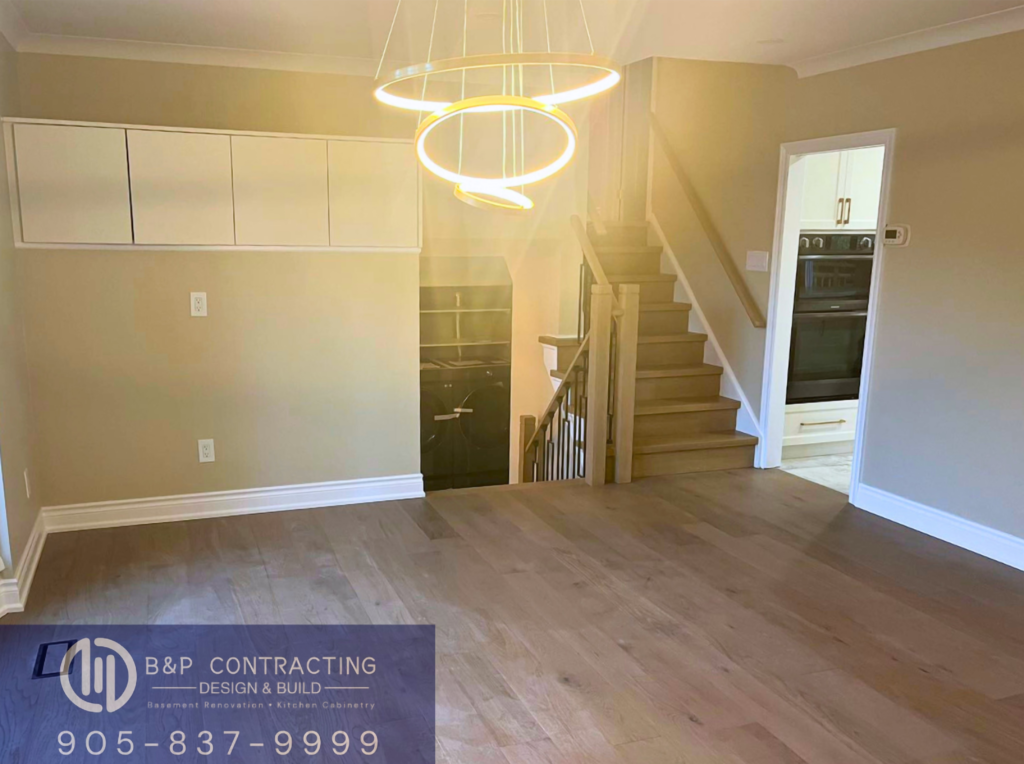What Are the Basic Requirements for a Legal Basement Unit or Apartment in Canada?

As of my last knowledge update in January 2022, the regulations and requirements for legal basement units or apartments can vary by province and municipality in Canada. It’s crucial to consult the latest information from official sources or speak with local authorities for the most accurate and up-to-date guidance. However, as a general overview, here are some common considerations for legal basement units in Canada:
Zoning and Building Codes:
Verify the zoning regulations in your specific area to ensure that basement units are permitted. Additionally, comply with national and local building codes to meet safety and construction standards.
Building Permits:
Obtain the necessary building permits before starting any construction or renovation work. This ensures that the unit complies with building codes and standards.
Separate Entrance:
Legal basement units often require a separate and direct entrance, providing occupants with their own access to the unit.
Ceiling Height:
Ensure that the basement meets the minimum ceiling height requirements specified by local and national building codes. Adequate ceiling height is important for safety and livability.
Egress Windows:
Bedrooms in basement units may require egress windows that meet specific size and accessibility criteria to serve as emergency exits.
Fire Safety:
Adhere to fire safety regulations, including the installation of smoke detectors and possibly a fire separation between the basement unit and the rest of the house.
Parking Requirements:
Some municipalities may have specific regulations regarding parking spaces for basement units. Check local bylaws for parking requirements.
Maximum Unit Size:
There may be restrictions on the maximum size of a legal basement unit. Check with local authorities for guidelines on unit size.
Utilities and Plumbing:
Ensure that the basement unit has its own utility connections and plumbing facilities. Separate meters for utilities may be required.
Electrical Standards:
Follow electrical standards to guarantee the safety of the basement unit. This may involve having a separate electrical panel for the unit.
Legal Entrances and Exits:
Legal basement units must have legal entrances and exits, meeting specific criteria to ensure the safety of the occupants.
Please note that these are general considerations, and the specific requirements can vary. Always consult with the local municipal office or relevant authorities in your specific province or territory for the most accurate and current information on legal basement units in Canada.
